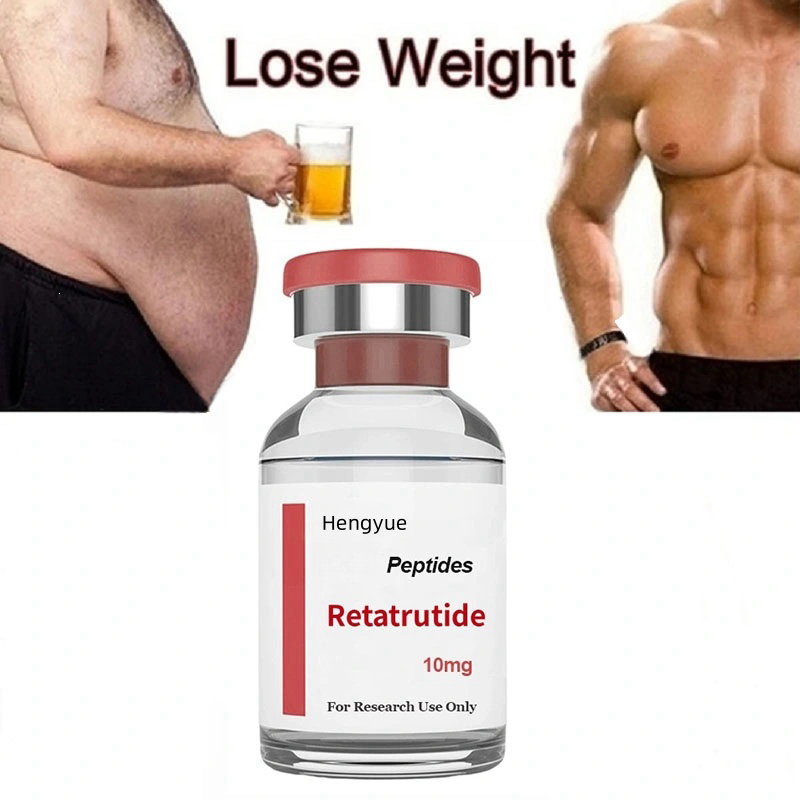-
Categories
-
Pharmaceutical Intermediates
-
Active Pharmaceutical Ingredients
-
Food Additives
- Industrial Coatings
- Agrochemicals
- Dyes and Pigments
- Surfactant
- Flavors and Fragrances
- Chemical Reagents
- Catalyst and Auxiliary
- Natural Products
- Inorganic Chemistry
-
Organic Chemistry
-
Biochemical Engineering
- Analytical Chemistry
-
Cosmetic Ingredient
- Water Treatment Chemical
-
Pharmaceutical Intermediates
Promotion
ECHEMI Mall
Wholesale
Weekly Price
Exhibition
News
-
Trade Service
Recently, Harrow Health, an ophthalmic pharmaceutical company, announced that it will obtain exclusive commercialization rights
for 5 ophthalmic products owned by Swiss pharmaceutical company Novartis.
According to the protocol, Harrow
Health will make a one-time payment of $130 million and expects to make an additional $45 million milestone payment
following TRIESENCE commercialization in the second half of 2023.
The transaction is expected to close
in the first quarter of 2023.
Source: _msthash="320075" _msttexthash="210997436">The five ophthalmic drugs involved in this transaction are: ILEVRO® (nepafenac ophthalmic suspension, 0.
3%) and NEVANAC®
(Nepafenac ophthalmic suspension, 0.
1%), VIGAMOX® (moxifloxacin hydrochloride eye drops, 0.
5%), MAXIDEX® (dexamethasone ophthalmic suspension, 0.
1%), and TRIESENCE® (triamcinolone acetonide injection suspension, 40 mg/ml).
Under the agreement, Novartis will continue to sell the above products in the U.
S.
market for six months and pass on the net profit to Harrow
Health, after which Harrow will outsource all U.
S.
manufacturing to third parties
.
Outside the United States, Novartis will retain all rights to
these products.
Harrow Health is an ophthalmic pharmaceutical company focused on developing, manufacturing and marketing drugs
that are competitive and meet market needs.
Continued divestiture of "non-core" businesses
Continued divestiture of "non-core" businessesThe sale of five products by Novartis may be part of
a gradual focus on the company's core business.
Last month, GBI reported that Novartis is currently considering selling its "non-core" business unit to raise funds to increase innovation in core areas
.
It is reported that it is considering selling the respiratory and ophthalmic business
.
Novartis' remaining ophthalmology business, which focuses on diseases such as glaucoma and age-related macular degeneration, could be worth as much as $5 billion
, according to people familiar with the matter.
The respiratory business, on the other hand, focuses on diseases
such as chronic obstructive pulmonary disease (COPD) and asthma.
It is worth noting that since Novartis spun off Alcon's eye care business in 2019, it has been carrying out reform and transformation
through restructuring and spin-off of non-core businesses, structural adjustments and other measures.
In early April, Novartis announced a global restructuring (click to read), one of the key changes being the integration of the pharmaceutical and oncology divisions and the creation of two separate commercial organizations: the U.
S.
Innovative Drugs Division and the International Innovative Medicines Division
.
In May, Novartis announced the finalization of the organizational structure of Innovative Drugs China, effective
June 1.
Novartis Innovative Drugs China will integrate the previous Novartis Pharma and Novartis Oncology to establish a new organization based on the therapeutic field to improve business focus, competitiveness and execution
.
In August 2022, Novartis announced the spin-off of its generic and biosimilars division, Sandoz, into a new independent public company that will create Europe's largest generic company and a global leader in biosimilars, while Novartis will focus more on innovative medicines to maximize
shareholder value.
After independence, Sandoz is headquartered in Switzerland and listed on the SIX Swiss Exchange, using American Depositary Receipts (ADRs)
in the United States.
Whether it is streamlining the structure to explore new operating models or divesting the company's "non-core" business, Novartis will focus more on innovative drugs and continue to expand its strong position in the five core therapeutic areas of cardiovascular, hematology, solid tumors, immunology and neuroscience, as well as the advantages of
technology platforms such as gene therapy and cell therapy.
Will Novartis continue to divest other businesses after the formal completion of the separation of Sandoz? Will the company's ophthalmic and respiratory businesses be further curtailed? Will more products be sold in the future? GBI will continue to pay attention
.







